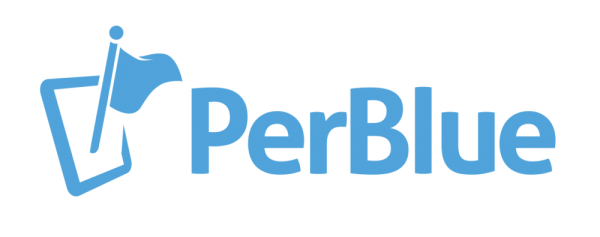Quick, what’s the biggest challenge facing entrepreneurs starting their businesses outside of San Francisco and NYC?
Most entrepreneurs outside of these cities will say “MONEY! We need investors!” That’s a huge cop out. I don’t care where you’re living, if you have a good idea with traction, you’ll get funding. I’ve been in NYC all week and am more convinced than ever that the biggest challenge of being outside of NYC or San Francisco is the lack of good feedback. People to challenge your idea and call bullshit on what you’re doing to eventually make you better.
I’ve started companies in Madison, WI and Santiago, Chile, two aspiring startup hubs that have experienced massive growth in their entrepreneurial ecosystems. They’re both on their way toward building themselves into the next Boulder or Austin. But in both places smart, experienced entrepreneurs, investors and attorneys cheered us on. “Great idea!” they’d say with enthusiasm. “We’ll use your product!” They loved it! We were going to be huge!
A few months after we launched Entrustet, we headed to NYC, SF and Chicago to see what other people thought. My first meeting in San Francisco was with Marcus Nelson. I remember this meeting as if it were yesterday. We sat down to chat and within 5 minutes it was clear things were different. We were going to have to up our game if we wanted to play at that level. I stammered through lunch and probably came off like the novice I was. When I left, I went across to a coffee shop in Embarcadero and quickly wrote out the questions he’d asked that I hadn’t been able to answer and sent them off to my cofounder.
We chatted that night, got the answers together and used his questions to hone our idea. Our meetings got better, but the same general pattern persisted our entire trip. We got probing questions and demands for real data. We improved each day. By the time we got back home, we’d gotten more feedback in two weeks of travel than in a year in Madison. I had the exact same experience when I moved to Chile as part of the Startup Chile program. Lots of cheerleaders, not many probing questions.
So what’s the difference? First, there’s clearly more savvy people with entrepreneurial experience in NYC and San Francisco than in aspiring startup hubs like Madison or Santiago. But what about the otherwise savvy entrepreneurs and investors who are in aspiring startup hubs? Why do many of them turn into cheerleaders rather than give good feedback? Why don’t they ask hard, probing questions or call bullshit on ideas that have been done hundreds of times?
I think it’s because they are trying to foster entrepreneurship in their city. They’re worried that if they’re overly critical of a startup, the founder will get discouraged and the aspiring startup hub will lose an entrepreneur. Or they’re worried about coming off as an asshole. Non startup hubs don’t have the culture of brutal, honest feedback that entrepreneurs need to really create great companies.
I’ve seen smart people in both cities “entrepreneurially grin fuck” aspiring entrepreneurs: they listen to a pitch, smile, say great idea and don’t offer constructive feedback. I was pitched the exact same mobile travel app by four different teams within a 2 month period in both Santiago and Madison. In both places, smart entrepreneurs I respect smiled and said good job and told them to keep going. Instead of doing the heavy lifting of forcing the entrepreneur to answer tough questions, they smiled and encouraged them.
That’s doing these entrepreneurs and their cities such a disservice. By not exposing entrepreneurs to criticism and blunt feedback, they’re just condemning these entrepreneurs to fail and fail more slowly. By not challenging entrepreneurs, asking tough questions and risking coming off as an asshole, you’re actually hurting your city and its entrepreneurs. You’re not fostering entrepreneurship in your city by telling everyone that their idea is good. I wish I’d gotten Marcus and others’ feedback in month 2 of our business, not month 9.
Now this doesn’t mean you should tell every entrepreneur in a non startup hub that their idea sucks or that they shouldn’t be working on it. That’s just being an asshole and doesn’t help. If you really want to help an aspiring entrepreneur, don’t sit on your Mount Olympus of knowledge, smile and tell them it’s a good idea, keep going. Challenge them with some variation of the following questions:
- Who is your competition and how are you different/better?
- How will you get users?
- Have you talked to potential customers to validate that they actually want your product?
- How will you make money?
Make them think. Make them defend their idea. Make them be specific. And encourage them to come back with the answers. Anything less is just hurting entrepreneurs, not to mention your city. Help create that direct feedback culture in your city. That’s the biggest thing missing from aspiring startup hubs. And if you’re an entrepreneur living outside of San Francisco and NYC? Buy a plane ticket and head to the coasts a few times a year. You can take advantage of the pluses about starting up outside of SF and NYC, like easier access to talent, lower cost of living etc, while still getting the feedback you need to be successful.
What do you think? Do you see this same phenomenon in your non-startup hub? Do you agree? How can we change it?
